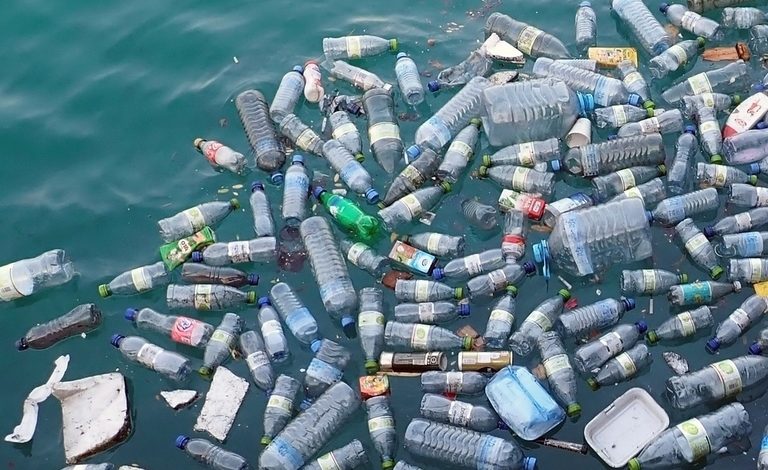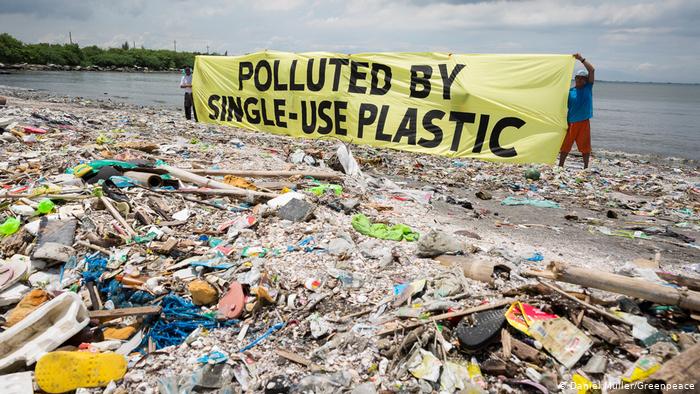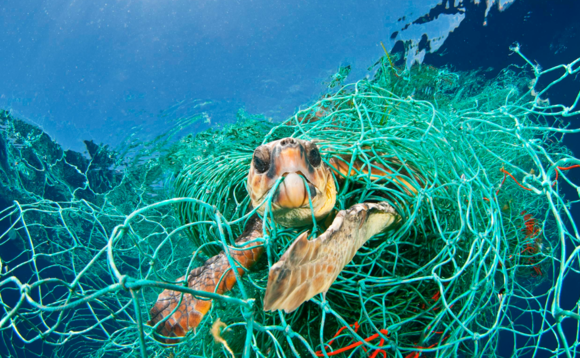Stop Using Single-use Plastics


As the world is busy combating the deadly COVID-19 virus, the re-emergence of single-use plastics is tipping the balance on the other side of the spectrum.
According to Our World in Data, a staggering 300 million tons of plastic are produced annually. Of this, over eight million tons are being dumped into our oceans.
Plastics may be co-opted to benefit the ecosystem. However, improper disposal methods and poor waste management can have an adverse impact on the environment.
In an effort to reduce plastic wastage, people are urged to use reusable bags and metal straws.
“There’s a lot more people disposing plastic products and not reusing them because they fear contamination, like gloves and masks,” said Kourtney, who is passionate about sustainability and the environment.
“I understand they’re personal protection equipment but some people are overcome by fear and panic prompting them to litter so as to minimise contact with contaminated items. People start to think for themselves rather than the planet during such moments,” she explained.
Twenty-two-year-old Cheyenne said that there is no evidence that plastic helps in preventing the spread of the virus in food packaging and delivery. “With everything at a halt, mass recycling of plastic waste is overwhelmed by plastic production and usage, leaving behind more pollution,” the president of Eco Ranger Club of Quest International University posited.
She added that sustainability organisations and individuals should help spread awareness of available and new alternatives that are effective in protecting ourselves against the pandemic.


Why are single-use plastics such a bad thing?
Single-use plastics include plastic forks and knives, plastic shopping bags, plastic coffee cup lids, plastic water bottles, styrofoam and plastic take-away containers and plastic straws.
Did you know that the chemicals from plastics can be absorbed by our bodies?
Ever thought about what these compounds do to our bodies?
Based on the article titled, “Adverse Health Effects of Plastics” by a non-profit organisation, Ecology Centre, consumption of plastic particles can alter hormones and cause endocrine disruption, which can lead to cancer, birth defects, immune system suppression and developmental problems in children.
Apart from food, plastic is everywhere: in the air, water, dust and in consumer products. Our exposure to chemicals, therefore, is inevitable.
Besides, plastic is a threat to ocean life, especially marine animals. Plastic debris consumed by wildlife will entangle in their stomach which may result in malnutrition, intestinal blockage or slow poisoning from chemicals leached from plastic.


Vulnerable marine creatures like fishes, sea turtles and whales often fall victim to plastic pollution as they often unknowingly ingest the plastic thrown into the oceans.
As Kate Good, editorial manager from One Green Planet in her article, ‘700 Marine Species Might Go Extinct Because Of Plastic Pollution’ said, “Plastic plays a role in rising rates of species extinction.”
It is predicted that the accumulation of plastics in the oceans will one day surpass the mass of all the fish that live there.
Keep in mind that most plastics are not biodegradable, nor are they digestible and they can live up to thousands of years.
It is time to stop using single-use plastics for good!
Gisele Soo


